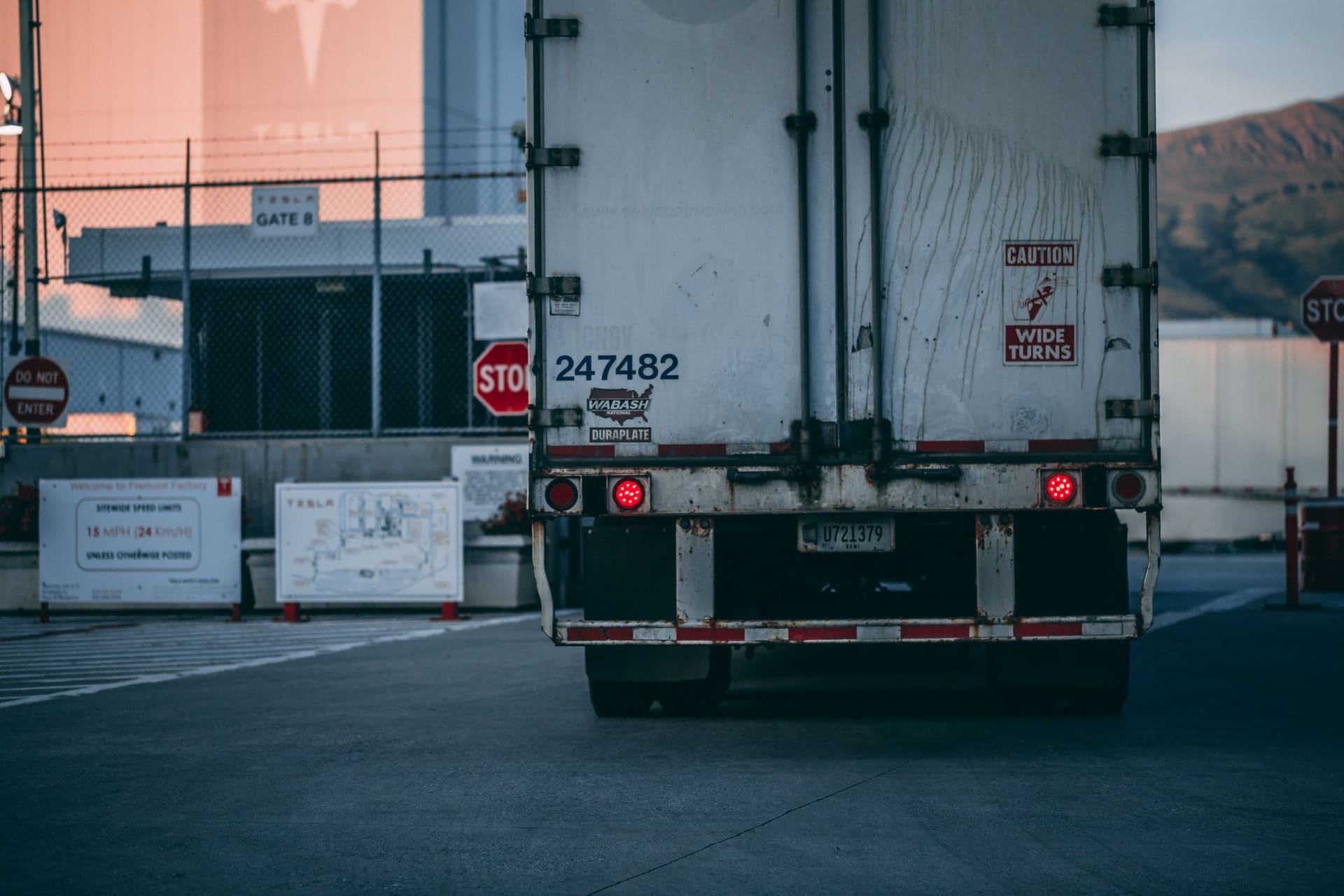Shipping freight is a relatively simple process. But there are still a number of common mistakes that can cost importers and exporters dearly if they don’t take a few simple precautions.
These are some of the issues that we most frequently encounter.
The Five Most Common Mistakes Made When Shipping Freight
1. The bill of lading
Any largescale movement of cargo requires a bill of lading. It’s a document detailing all of the necessary shipping information, including freight class, weight, and billing information. Incorrectly completing – or simply failing to complete – your bill of lading can cause various problems with your shipment. From delayed delivery as the admin is sorted out, to an inability to carry the goods. So, take time to get your bill of lading in order before dispatch. And if this is an area that you have difficulty with, it’s worth considering taking on a freight forwarder to manage your admin.
2. Poor packaging
We’ve talked on here before, about the dos and don’ts of pallet shipping. But packaging is too important an issue not to stress again. Whether you’re working with pallets, white goods, small packets, or shipping containers, you have to get your packaging right. Cutting corners is a good way to cut upfront costs. But it’s also the best way to ensure a high level of wastage. Even the best drivers can’t carry poorly packed goods without damage.
3. Missing collection
This is kind of an obvious one. But if you want your freight collected, you need to be there when the freighter arrives. They will give you an estimated collection window to work around. If your freighter arrives early, that’s fine, they’ll wait. But if your company has arranged a collection towards the end of the day and you decide to lock up early, your driver is not going to wait until the next morning.
4. No insurance
At Plexus Freight, we do everything in our power to ensure that the goods we carry arrive at their destination in their intended condition. But accidents can happen. Whether through poor packing, road accidents, or extreme weather. We provide an online damages claim form, in an attempt to make the process easier for everyone. But there are many things that carrier insurance won’t cover, and your carrier is not the only party involved in the shipping process. Damage can as easily take place in the loading bay of your facility or your shipment’s destination, as it can on the road. Third-party insurance can protect you against all eventualities.
5. Being unprepared for duty and tax requirements
Customs, duty and taxes have always been issues for exporters, but since ‘Brexit’ actually happened, there are far more pressures in this area. Largely because you now need to file customs declarations when importing or exporting any goods between Europe and Great Britain, or when moving goods through the UK. The now defunct free trade agreement meant that much of the current red tape was previously unnecessary. It’s not now. So, before arranging any shipments, it pays to familiarise yourself with the relevant requirements.
Sending freight to Europe isn’t difficult, once you know what you’re doing. But if you’re still finding your feet as an importer or exporter, understanding what the potential pitfalls are, and how to avoid them, can make the process a whole lot easier.
If you need help sending your goods between Great Britain and Europe, contact Plexus Freight today.


